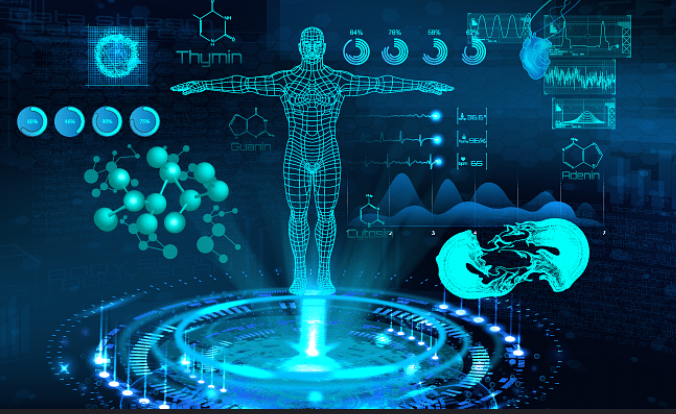Revolutionizing Healthcare: The Impact of Emerging Health Technologies
The healthcare industry is undergoing a significant transformation, driven by advancements in health technology. These innovations are not only improving patient outcomes but also making healthcare delivery more efficient and accessible. Here are some of the key technologies reshaping the healthcare landscape:
- Telemedicine: Telemedicine has seen explosive growth, especially in the wake of the COVID-19 pandemic. By enabling remote consultations, telemedicine offers patients the convenience of accessing healthcare services from the comfort of their homes. This technology is particularly beneficial for those living in rural or underserved areas, where access to healthcare facilities may be limited.
- Wearable Devices: Wearable health devices, such as fitness trackers and smartwatches, are empowering individuals to take charge of their health. These devices monitor vital signs, physical activity, and sleep patterns, providing users with valuable insights into their health and encouraging healthier lifestyles. Healthcare providers can also use data from wearables to monitor patients’ conditions in real-time and make informed decisions.
- Artificial Intelligence (AI): AI is revolutionizing healthcare by enabling faster and more accurate diagnoses. Machine learning algorithms can analyze vast amounts of medical data to identify patterns and predict outcomes. For instance, AI-powered imaging tools can detect abnormalities in medical scans with remarkable precision, assisting radiologists in diagnosing diseases like cancer at an early stage.
- Electronic Health Records (EHRs): EHRs have replaced traditional paper records, streamlining the documentation and management of patient information. EHRs facilitate better coordination among healthcare providers, improve the accuracy of medical records, and enhance the overall quality of care. Patients also benefit from having their medical history easily accessible, ensuring continuity of care.
- Robotics: Robotics technology is making significant inroads in surgical procedures. Robotic-assisted surgeries offer greater precision, smaller incisions, and faster recovery times. Surgeons can perform complex procedures with enhanced control and flexibility, leading to improved patient outcomes and reduced complications.
- 3D Printing: 3D printing is revolutionizing the production of medical devices and prosthetics. Customized implants, orthopedic devices, and even bioprinted tissues and organs are now possible, thanks to this innovative technology. 3D printing allows for personalized medical solutions tailored to the specific needs of individual patients.
The integration of these technologies is paving the way for a more patient-centric and efficient healthcare system. As health technology continues to evolve, it holds the promise of further advancements that will transform the way we prevent, diagnose, and treat diseases. The future of healthcare is indeed bright, with technology playing a pivotal role in enhancing the quality of life for people around the world.


